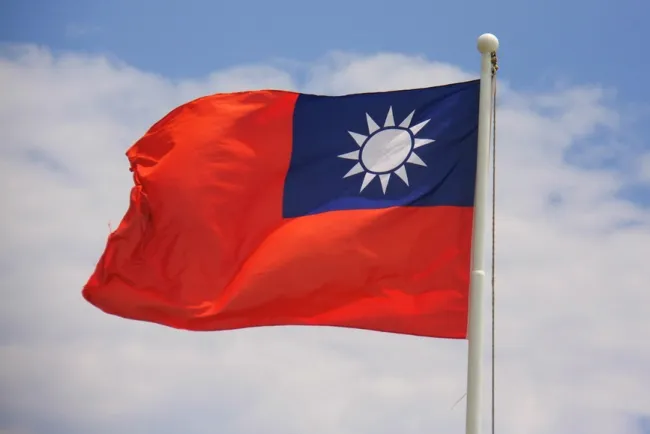Trump vs. Harvard: A Clash Over Academic Freedom and Funding
The standoff between President Donald Trump and Harvard University highlights the escalating tensions surrounding academic freedom and political influence in education. As protests advocating for Palestine surged across campuses in 2024, Trump has threatened to impose taxes on the prestigious institution while freezing over $2.2 billion in federal funding. What does this mean for the future of academic independence?
The conflict between the U.S. government and Harvard University has reached a boiling point, with President Trump intensifying his attacks on the Ivy League institution. This confrontation follows a year marked by pro-Palestine protests on campuses nationwide and has significant implications for academic freedom and funding in higher education.
Trump's Threats and Funding Freeze
In a recent post on the social media platform Truth Social, Trump called for the removal of Harvard's tax-exempt status, urging that the university be taxed as a political entity. This statement came just a day after he announced the suspension of over $2.2 billion in federal funding to Harvard, reflecting a broader pattern of funding cuts to other prestigious universities, including Columbia, Princeton, and Cornell. These cuts are part of Trump's attempt to hold universities accountable for perceived failures to address anti-Semitism and civil rights violations.
The former president's decision aligns with his ongoing criticism of Ivy League schools, which he claims cater exclusively to an elite class while failing to protect Jewish students from anti-Semitic activities. However, Trump's comments lack specificity regarding what constitutes such activities, leaving many questioning the fairness of his accusations.
Responses from Harvard and Other Universities
In defending its stance, Harvard University has firmly rejected any attempts to compromise its independence. The university's president issued a public statement affirming that Harvard will not surrender its autonomy or constitutional rights. This declaration emphasizes the institution's commitment to academic freedom, even in the face of federal pressure.
The conflict is not isolated to Harvard; several other prominent universities have also faced scrutiny from the Trump administration. Funding suspensions were announced for Columbia University ($400 million), Princeton University ($210 million), and substantial amounts for Cornell University and Northwestern University. These decisions underscore a broader trend of increasing governmental oversight in academic matters.
The Broader Implications
This ongoing confrontation raises critical questions about the relationship between educational institutions and government authority. As campuses become battlegrounds for ideological conflicts, the implications for academic freedom and the independence of universities are profound. Critics warn that such governmental interventions could set a dangerous precedent, potentially stifling free expression and open discourse within academia.
As the 2024 presidential election approaches, the dynamics between the Trump administration and higher education institutions will likely continue to evolve, with implications for students, faculty, and the future of academic independence.
Conclusion
The clash between President Trump and Harvard University illustrates the complex interplay of politics, funding, and academic freedom in the U.S. education system. With the increasing politicization of universities and the threat of funding cuts looming, the future of higher education remains uncertain. As these developments unfold, it will be essential to monitor how they impact the principles of free speech and independent thought in American academia.
Stay updated with our blog for more insights on the evolving landscape of education and politics.
What's Your Reaction?
















